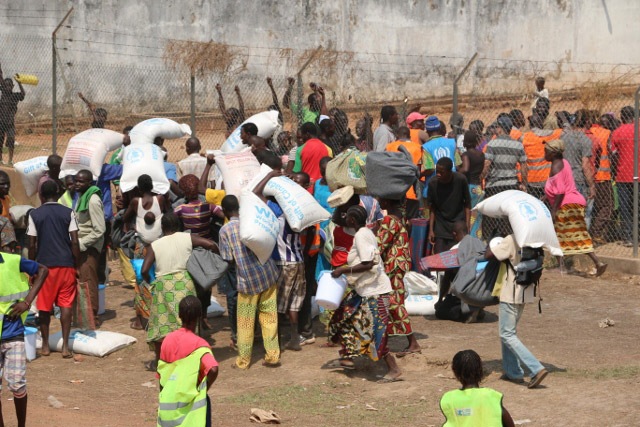
Africa's resilience to climate change. Could private sector be the solution?
An important position in preventing and managing natural and human hazards are local businesses. West Africa saw a continued accelerated economic growth but how to avoid climate change effects?
Local businesses have an important role to play in preventing and managing natural and human induced hazards to safeguard the West African coasts from climate change effects.
Countries in West Africa are expected to have a continued accelerated economic growth with rates exceeding 5 percent over the long term (UEMOA–IUCN 2011).
This growth will support the pace of urbanisation throughout the region, which will see a reinforcement of the concentration of economic activity along the coast, with the building of heavy industrial plant and the development of agro-industrial production.
Africa’s resilience for climate change: the challenges
- Human activities resulting in localized accelerated and severe coastal erosion and environmental degradation that magnify the risks of coastal flooding and other climate related risks. This in turn leads to risks of decreased economic activities, job losses and extensive long-term costs to the local economy.
- The natural hazards of increasing intensity such as rainfall events or severe wave action, affect local
industries, road networks etc. This results in enormous annual costs for repairs, which has a negative impact on the future expansion of infrastructures for instance. - To “climate-proof” infrastructure comes at a high cost but it is necessary for social and economic
advancement.
However, these activities, if not well planned and managed, can exacerbate the effects of climate change, which in turn can affect local coastal communities as well as having a serious impact on the projected economic growth.
READ THE OFFICIAL DOCUMENT
KS-8B-Engaging-the-Private-Sector-on-safeguarding-West-African-Coasts-from-Climate-Change


